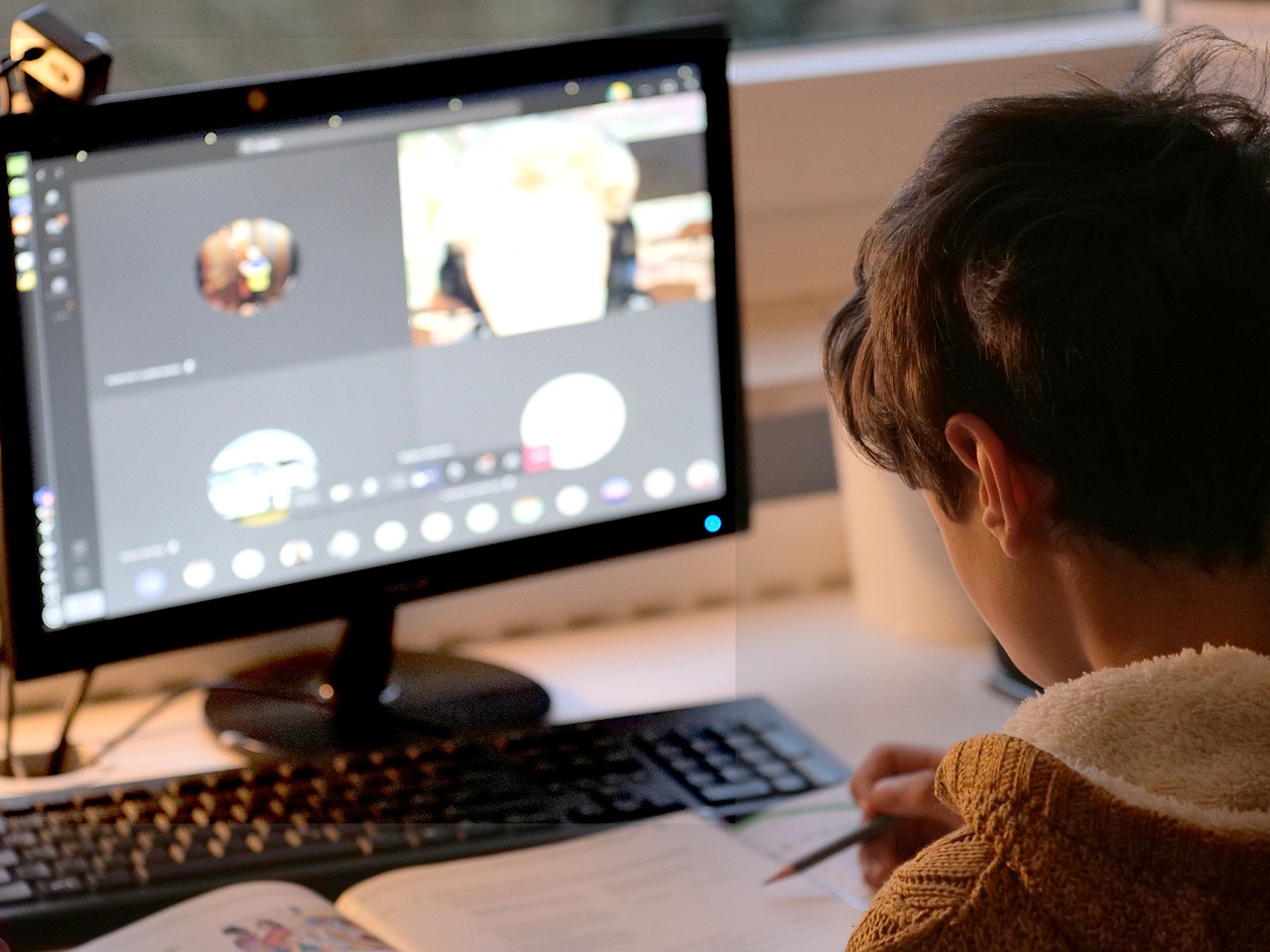#WFH: Full Time -Employee, Mom & Online Teacher
There are a lot of issues with working from home that this #WFH situation has brought to light. Local labor laws are only one of them. Many industries are governed by federal laws that require compliance and in education FERPA (Family Education Rights and Privacy Act) is one of them. FERPA is a federal law that protects the privacy of student educational records. The law applies to all institutions that receive any kind of federal funding from the U.S. Department of Education. Sarah does have a contract with HR that states the requirements for her working remotely. She had to answer questions like do you have a separate home office, does it have windows, do you have a fire extinguisher in the house? She uses her own printer and pays for her own ink. She has received no training on FERPA. Because she is technically savvy, she does try to make faculty aware that recording and sharing your class meeting on social media is not a good idea. The institution really has not addressed any of these kinds of issues. They do have some policies in place in the student code of conduct but visibility and privacy in the remote environment are mostly not addressed.
Using Microsoft Teams has really helped Sarah with team collaboration in the remote work environment. They use it for mobile communications and chat. It also helps to segregate personal and work communications. They do not SMS text on personal numbers because they try to keep all the communications on Teams. Pre-COVID, they had the technology, but it was difficult to get people to use Teams. Post-COVID, things have changed. She measures productivity by “are you getting it done,” not by hours or time online. Sarah has faith in her staff and encourages innovation and contribution. It’s important for her to see her team motivated and she encourages new ideas and getting results.
Her team and most of the people she works with have the hardware and software they need to work remotely. The university has done a good job of providing equipment, hardware, software, and connection. What Sarah does find is that the normal glitches that everyone experiences using technologies cause panic in people who are not used to communicating in this manner. It has been especially challenging with faculty. The challenge is heightened when they adopt new technologies and change software platforms. The government banned one synchronous platform and encouraged the use of another, which is inside the LMS (Learning Management System), and this was new uncharted territory. Pushback and negativity can spiral into panic. The only real security issues they have faced so far is with government employees. She does get pushback from purchasing about buying new software applications, which are very inexpensive. Sarah credits this to a genuine lack of understanding by administration on why these tools are helpful and why Apple iOS (iPhone Operating System) tools are often different than Microsoft Windows applications. The VPN is required for library access but not really anything else. Most of the university is still on local drives and is not cloud based. Because the online classes are facilitated by OPMs (Online Program Management), some are on a local version of Blackboard and some cloud based, there are a host of different connection, security and access issues. One of the challenges is consistency. Every school—there are five different ones within their university—and group can pretty much use whatever they want and do whatever they want to do. They all have different LMSs, different expectations and different policies.
On a scale of 1 to 4, 1 being I do not want to do this anymore and 4 I love it, she would be a 3.5. Because she manages a team, she values some personal contact and face-to-face engagement. Working virtually allows her to have a life. She is a single mom, and it gives her the opportunity to live where she does and still have this job. She appreciated working from home prior to COVID-19. #WFH allowed her to get her son on the bus every day and get him off the bus after school. It has also had a big impact on her health. She no longer needs to drive two and a half to three hours or more every day, so she has time for the gym and to teach yoga. She did get pushback from her supervisor because he wanted to work from home more often and wanted one of her team members to always be in the office. She gave him a flat out no way and threatened to leave the organization if he required her to be in the office two to three days a week. Again, it is a matter of trust, not on her supervisor’s part but a concern of his boss’s.
Moving forward, Sarah thinks it is critical that the remote workplace and the ability to be productive and successful in it be part of the hiring decision. She thinks the skillset required for working from home needs to be a consideration in almost every position. Everyone needs the ability to adapt technologically and understand the impact of schedules. More meetings are not better. There needs to be a level of trust in your staff. Productivity goes down, you waste time, and you get less done when there is a lack of trust.
I did not talk to Sarah six months later. She never responded to my emails or calls. I suspect she was still terribly busy being an Assistant Dean, mom and homeschool teacher.
#AI@Work, #WFH, #RemoteWork, #WorkFromHome, #BobbeGB, #BobbeBaggio, #ThePajamaEffect, #Touchpoints, #Virtual Workplace, #Work From Home #PJEffect, #LinkedInNewsLive





